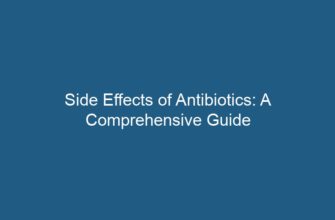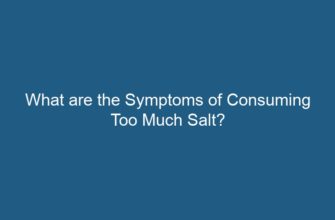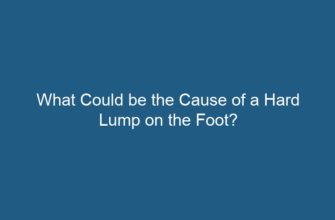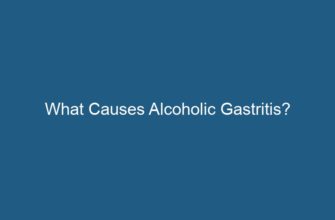Mosquito bite medicine, also known as anti-itch or anti-inflammatory creams, lotions, or gels, are topical treatments that provide relief from the discomfort and itching caused by mosquito bites. These medications work by reducing inflammation, numbing the area, or providing a cooling sensation to alleviate the symptoms.
- 1. How do Mosquito Bites Occur?
- 2. Common Ingredients in Mosquito Bite Medicine
- Mosquito Bites | How To Get Rid Of Mosquito Bites
- Mayo Clinic Minute: Easing the itch of mosquito bites
- 3. How to Use Mosquito Bite Medicine
- 4. Possible Side Effects
- 5. Natural Alternatives for Mosquito Bite Relief
- 6. Prevention Tips
- 7. When to See a Doctor
- Conclusion
1. How do Mosquito Bites Occur?
Mosquito bites occur when female mosquitoes penetrate the skin with their mouthparts to feed on blood. Mosquitoes inject saliva into the skin, which contains proteins that trigger an immune response in most people. This immune response results in itching, redness, swelling, and discomfort at the bite site.
2. Common Ingredients in Mosquito Bite Medicine
There are various ingredients commonly found in mosquito bite medicine that help provide relief from the symptoms. These include:
- Hydrocortisone: This is a mild steroid that reduces inflammation and itching.
- Benzocaine: It is a local anesthetic that numbs the skin, providing temporary relief from itching.
- Menthol: Menthol has a cooling effect on the skin, which helps soothe the itchiness.
- Camphor: Similar to menthol, camphor provides a cooling sensation and relieves itching.
- Calamine: Calamine is a mixture of zinc oxide and iron oxide that has a drying effect on the skin, reducing itching and irritation.
- Antihistamines: Some creams may contain antihistamines, which block the release of histamines and reduce itching.
Mosquito Bites | How To Get Rid Of Mosquito Bites
Mayo Clinic Minute: Easing the itch of mosquito bites
3. How to Use Mosquito Bite Medicine
When using mosquito bite medicine, it is important to follow the instructions provided by the manufacturer. Generally, the steps involved are as follows:
- Clean the affected area with mild soap and water.
- Pat dry the area gently with a clean towel.
- Apply a small amount of the medication directly onto the bite.
- Gently rub or massage the medication into the skin until it is fully absorbed.
- Reapply the medication as needed, following the recommended dosage and frequency.
4. Possible Side Effects
While mosquito bite medicine is generally safe for most people, there can be some potential side effects. These may include:
- Skin irritation or allergic reactions
- Burning or stinging sensation
- Dryness or flakiness of the skin
- Rash or hives
If any of these side effects occur or worsen, it is important to discontinue use and consult a healthcare professional.
5. Natural Alternatives for Mosquito Bite Relief
If you prefer natural alternatives or want to try additional methods to alleviate mosquito bite symptoms, here are some options:
- Applying a cold compress: Placing a cold, damp cloth or ice pack on the bite can help reduce swelling and provide temporary relief.
- Aloe vera gel: Aloe vera has soothing properties and can provide relief from itchiness and inflammation.
- Tea tree oil: Diluted tea tree oil can be applied to the bite to reduce itching and prevent infection.
- Baking soda paste: Mixing baking soda with water to create a paste and applying it to the bite can help relieve itching.
- Essential oils: Some essential oils like lavender, chamomile, or peppermint can be diluted and applied topically to reduce itching and inflammation.
6. Prevention Tips
Preventing mosquito bites is the best way to avoid the need for medication. Here are some tips to help prevent mosquito bites:
- Use insect repellents containing DEET, picaridin, or oil of lemon eucalyptus.
- Wear protective clothing, such as long sleeves and pants, especially during peak mosquito activity times.
- Keep windows and doors screened to prevent mosquitoes from entering your home.
- Remove standing water from your surroundings, as it serves as a breeding ground for mosquitoes.
- Use mosquito nets while sleeping, especially in areas with high mosquito populations.
7. When to See a Doctor
In most cases, mosquito bites can be treated with over-the-counter medications or natural remedies. However, there are situations where medical attention may be necessary. Seek medical help if:
- The bite becomes infected, with increasing redness, warmth, and pus.
- You experience severe allergic reactions, such as difficulty breathing, swelling of the face or throat, or dizziness.
- The symptoms persist or worsen despite using medication or home remedies.
- You develop flu-like symptoms after a mosquito bite, as it may indicate a mosquito-borne illness.
Conclusion










